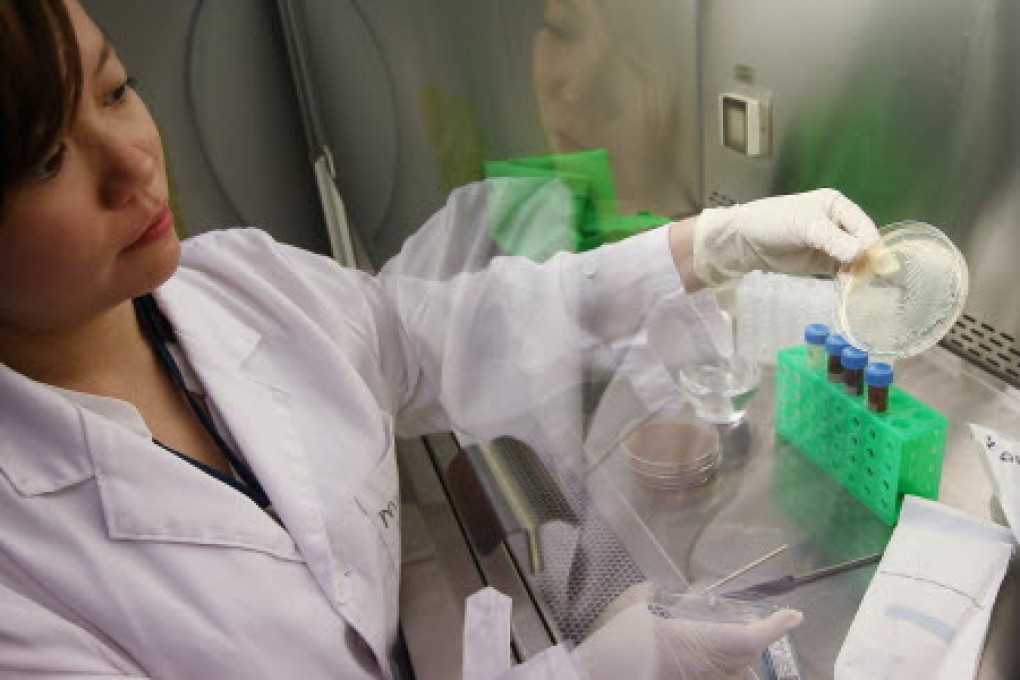Hong Kong must help more women study science and maths
Su-Mei Thompson and Lisa Moore say HK must encourage women to pursue science and maths, and play a bigger role in shaping the future

Without question, technology is changing how we live, work and socialise. Hong Kong has aspirations to become a leading information and communications hub and should be well placed to achieve this goal, given its first-world infrastructure, transparent investment regime and its position straddling the mainland and world markets.
Critical to achieving this vision is a technologically skilled workforce of both men and women. Research by the US National Centre for Women in Technology found that if current trends continue of female under-representation in science, technology, engineering and mathematics subjects, by 2018 there will not be enough skilled people in the world to fill half the job vacancies in the technology sector.
In Hong Kong universities, men still dominate these fields. At the Hong Kong University of Science and Technology, for example, women comprise just 21 per cent of engineering students. A 2013 Economist Intelligence Unit survey of 57 companies in Hong Kong showed that 88 per cent of IT directors are male, and women represent fewer than 10 per cent of IT staff at more than half the companies. Even in large software companies in Hong Kong, where women are entering at the same rates as men, attrition rates in mid-level management are leaving a significant hole in the leadership pipeline.
The reasons are numerous. Hong Kong parents often discourage their daughters from pursuing science and maths. Girls who show an early interest in the field often lose interest because of pervasive but under-recognised biases in the learning environment. A study from Britain shows that girls studying in single-sex schools are nearly 2½ times more likely to study physics at A-level than if they had studied in mixed schools. Similar studies conducted in the US and Australia for maths and science show similar results, indicating that it is the environment, and not aptitude, that is the primary issue here.
To rectify this gap, primary schools should consider introducing mandatory computer science courses - and consider how to make these courses more attractive to girls and their parents. The private and public sectors should focus on providing girls targeted extracurricular and summer programme opportunities that expose them to the exciting possibilities in technology and IT-related fields.
More active campus recruiting and career coaching is needed for women degree holders in these fields. Global icons like Sheryl Sandberg and Marissa Mayer inspire, but highlighting the achievements of home-grown heavyweights like Vivian Yam Wing-Wah and Nancy Ip would also help.